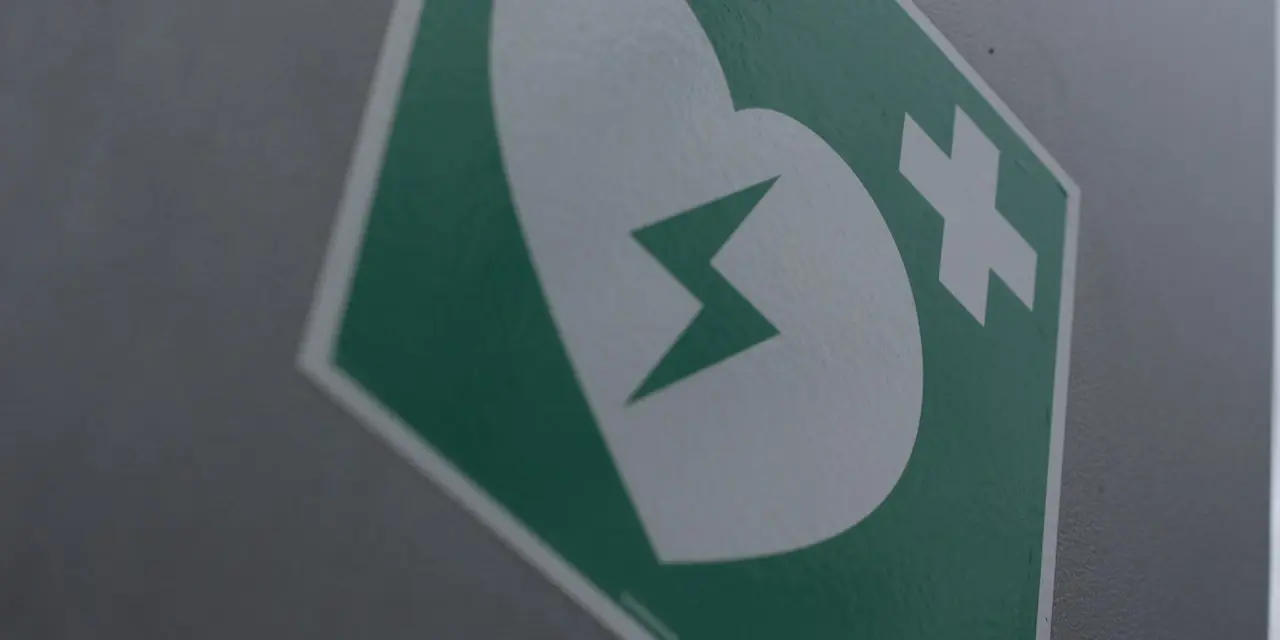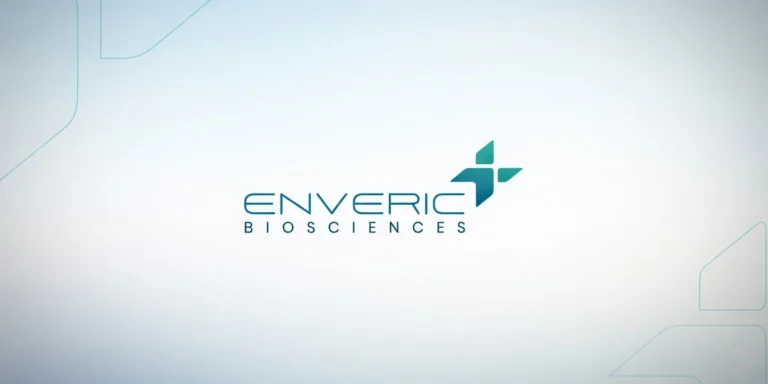
Gilead Sciences and Meharry Medical College Highlight Five-Year Impact of Gilead COMPASS Initiative® on HIV in the Southern United States
Gilead Sciences, Inc. (Nasdaq: GILD) and Meharry Medical College, one of the nation’s oldest and largest historically Black academic health science centers, today announced the publication of a new supplemental issue of Meharry Medical College’s Journal of Health Care for the Poor and Underserved. It details the impact of the Gilead COMPASS Initiative® – the company’s 10-year, more than $100 million collaborative initiative that seeks to eradicate underlying serious and systemic challenges that contribute to the HIV epidemic in the Southern United States.
The supplemental issue, The Gilead COMPASS Initiative®: Navigating HIV in the Southern U.S. by Building Capacity & Bridging Communities, features 16 articles by COMPASS grantees across the U.S. South. It details the programs that have been implemented by these organizations over the past five years to address the HIV epidemic within their communities, underscoring the impact of COMPASS funding from Gilead in strengthening their ability to tackle barriers to care.
“At its core, COMPASS is focused on cultivating relationships with community partners who are on the front line, confronting the social and cultural complexities that have permitted HIV to endure for far too long,” said Deborah H. Telman, Executive Vice President, Corporate Affairs and General Counsel, Gilead Sciences. “The supplemental issue of Meharry Medical College’s prestigious journal is a recognition of everything we’ve been able to achieve together over the past five years and the tangible transformative impact COMPASS grantees have had on the landscape of HIV in the Southern United States. The work highlighted in this supplement lays forth a strong foundation that we hope will set the pace for the next five years of the initiative.”
“We are honored to be a part of this initiative with Gilead that clearly aligns with Meharry’s mission of serving the underserved. Many who are affected by HIV do not have access to the care and treatment they need because of the barriers to care and resources they face,” said Dr. James E.K. Hildreth, President and Chief Executive Officer at Meharry Medical College. “This journal supplement not only demonstrates the profound impact of grassroots community-based efforts in ending the epidemic, but also provides documented successful approaches that other groups can replicate when tackling barriers to care.”
Despite the availability of treatment and prevention options, the HIV epidemic continues to disproportionately devastate vulnerable communities in the U.S. South. Home to slightly more than one-third of the population, the Southern states accounted for 51% of new HIV diagnoses in 2020. Black individuals bear a disproportionate burden of the disease in the region, accounting for 52% of persons living with HIV.
Since its launch in 2017, the Gilead COMPASS Initiative has brought together nearly 400 community-based organizations across 16 states to form a robust network of local leaders for HIV advocacy focused on evidence-based policies. The Initiative has reached more than 208,000 individuals through capacity-building training, 340,000 individuals through in-person events, and more than 90 million through COMPASS social media campaigns. It has also served more than 300,000 individuals through programming run by COMPASS coordinating centers.
“The COMPASS Initiative has had a significant impact through community-centered grant-making, training, and coaching to enhance leadership and change public perception to ultimately enhance quality of care for [people living with HIV],” reads the conclusion of the article ‘Evaluating the COMPASS Initiative: Expanding the Capacity and Sustainability of Southern Black and Latinx-led Organizations to End the HIV Epidemic’ by Wake Forest University. “The structure of the COMPASS Initiative may be a model for philanthropic entities seeking equitable ways to end the HIV epidemic in collaboration with Black or Latinx-led community-based organizations.
Source link:https://www.gilead.com/





